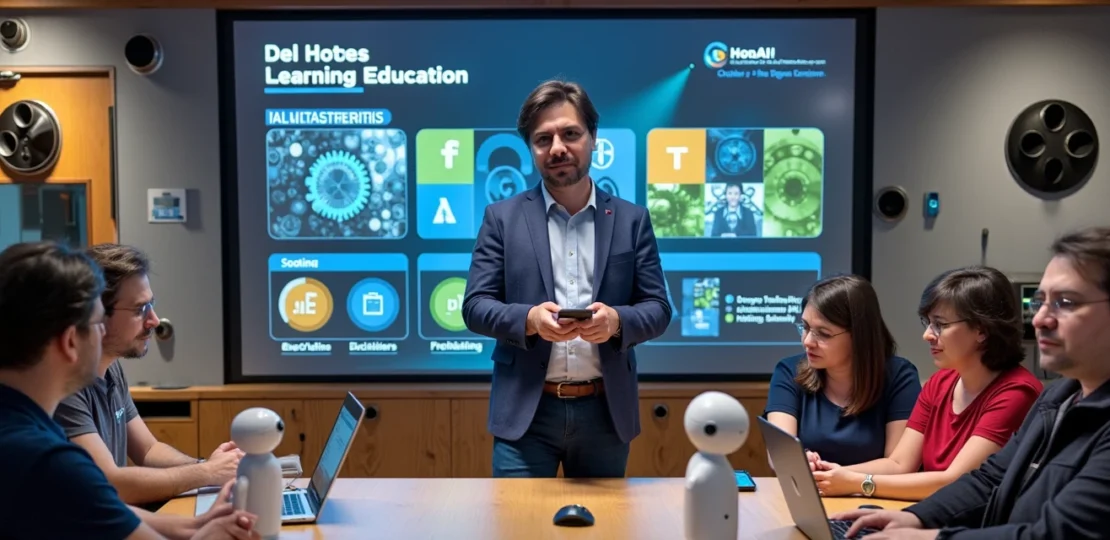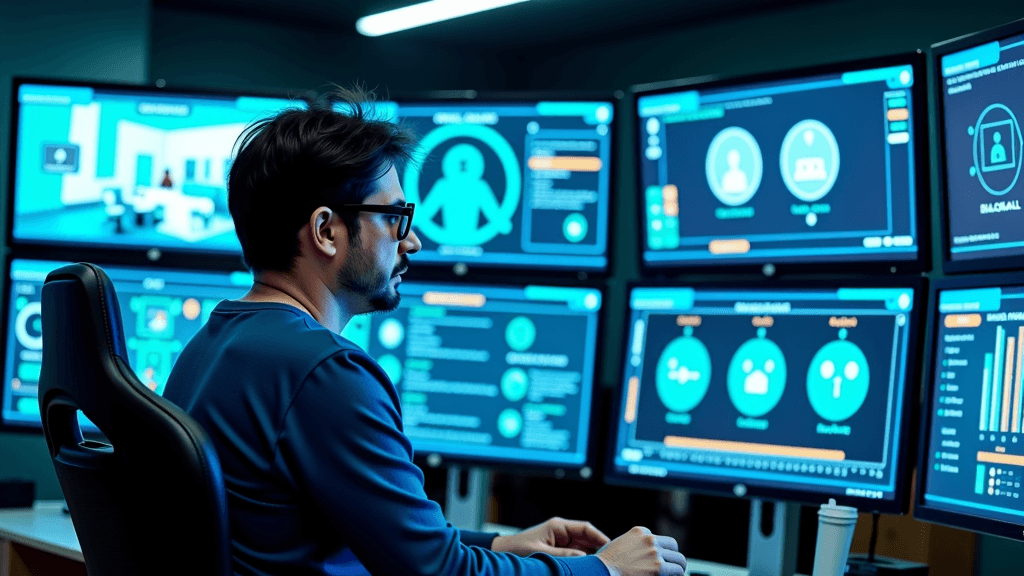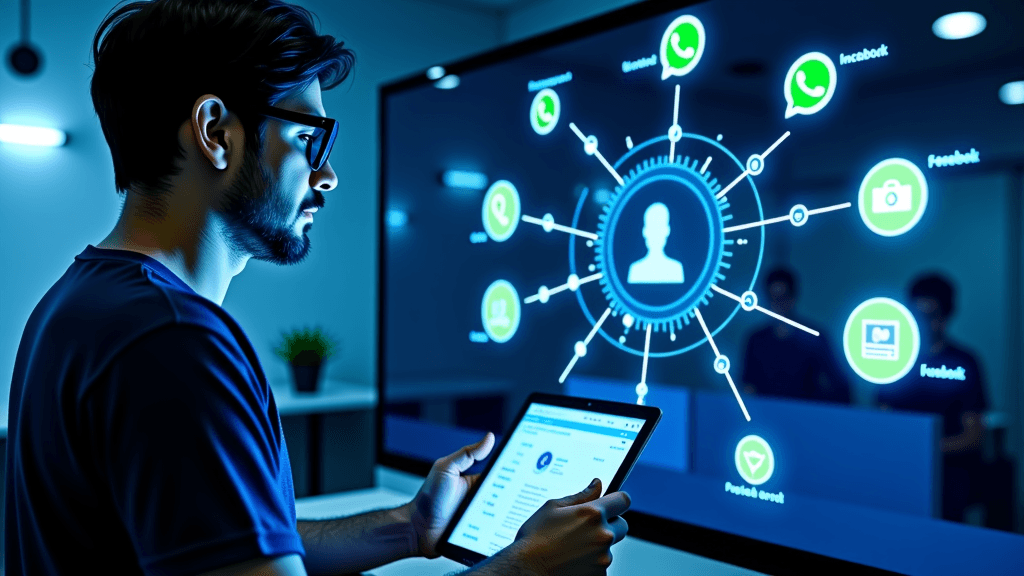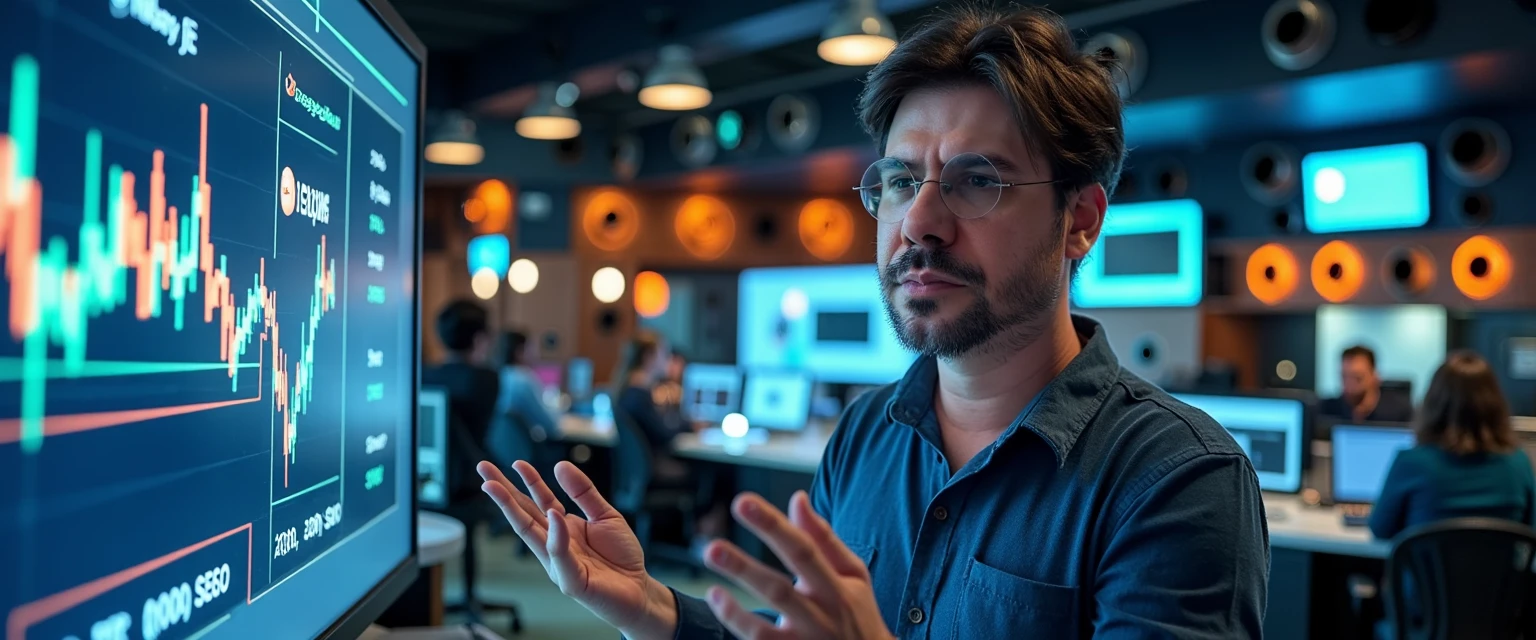AI in Transformation: From Education to Faith – The Impacts of Artificial Intelligence in the Last 24 Hours
November 24, 2024 | by Matos AI

In recent days, we have seen an explosion of news and discussions about Artificial Intelligence in different sectors of society. As someone who has dedicated years to the development of educational and technological innovations, I believe it is essential that we analyze these transformations with a critical and constructive eye.
In education, an area in which I have a special interest due to my work at Inteli, we see significant challenges for the implementation of AI in Brazil, as reported by Business Season. Personalizing learning holds promise, but we need to ensure that this technology is truly inclusive and accessible.
In the legal field, Minister Barroso brought important reflections on the need for AI regulation to protect democracy, as reported by Earth. This discussion brings me back to the work we do at Dínamo, where we have always advocated for the importance of regulatory frameworks that promote responsible innovation.
Join my WhatsApp groups! Daily updates with the most relevant news in the AI world and a vibrant community!
- AI for Business: focused on business and strategy.
- AI Builders: with a more technical and hands-on approach.
In the corporate world, we see Apple finally getting into the AI game with its Apple Intelligence, as reported by TechTudo. However, the initial limitation to English reminds us of the importance of localization and cultural adaptation of technologies.
One of the most intriguing cases is the implementation of AI in a confessional in Switzerland, reported by Brazilian Post Office. This experience makes us reflect on the ethical limits of applying AI in sensitive and traditional contexts.
In the editorial field, the news of Exam on using books to train generative AIs raises important questions about intellectual property and copyright – topics that we need to discuss broadly in our innovation ecosystem.
In my experience leading innovation and education programs, I have learned that the successful implementation of new technologies fundamentally depends on three factors: inclusion, ethics, and clear purpose. We need to ensure that AI is a tool for democratizing knowledge and not for widening inequalities.
The current moment demands a balanced stance from us: neither technophobia nor uncritical dazzlement. As an educator and entrepreneur, I argue that we need to build bridges between technological innovation and the real needs of society, always prioritizing positive social impact.
✨Did you like it? You can sign up to receive 10K Digital's newsletters in your email, curated by me, with the best content about AI and business.
➡️ Join the 10K Community here
RELATED POSTS
View all



